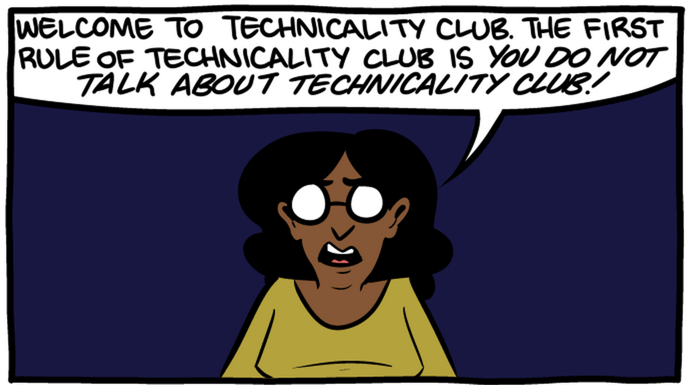Interview technique
From "President Obama's Full Interview With NBC's Chuck Todd", NBC News (Meet The Press) 9/7/2014:
| Speaker | Time | Transcript |
| Obama: | 0:40-0:50 | uh ISIL poses a broader threat uh because of its territorial ambitions in uh Iraq a- and Syria, but the good news is … |
| Obama: | 3:45-4:00 | And we've seen the savagery uh not just in terms of how they dealt with uh the two uh Americans that had been taken hostage but uh the killing of thousands uh of innocents in– in Iraq uh thousands of innocents in Syria … |
| Obama: | 6:57-7:17 | But what is absolutely clear is that ISIL, which started as Al Qaeda in Iraq and uh arose out of the U.S. invasion there and uh was contained because of the enormous efforts of our troops there then shifted to Syria, has metastasized, has grown… |
| Obama: | 8:06-8:18 | We've got to do more effective diplomatic work to eliminate the- the schism between Sunni and Shia that has been fueling so much of the violence in Syria, in Iraq … |
| Todd: | 8:25-8:29 | You've not said the word "Syria" so far in our conversation. |
Say what?
Read the rest of this entry »



 In the UK, the opposite assumption is made: that drivers will read the whole display as a text that starts at the top. However, in one startling recent case in Bristol, south-west England, the people who painted the sign on the road warning of a bus stop never read it at all, in either order. They just stencilled "BUP STOP" on the roadway and packed up and left. Photographic evidence supplied herewith, just in case you cannot believe anyone capable of holding down a local government job could be unable to spell "BUS".
In the UK, the opposite assumption is made: that drivers will read the whole display as a text that starts at the top. However, in one startling recent case in Bristol, south-west England, the people who painted the sign on the road warning of a bus stop never read it at all, in either order. They just stencilled "BUP STOP" on the roadway and packed up and left. Photographic evidence supplied herewith, just in case you cannot believe anyone capable of holding down a local government job could be unable to spell "BUS".